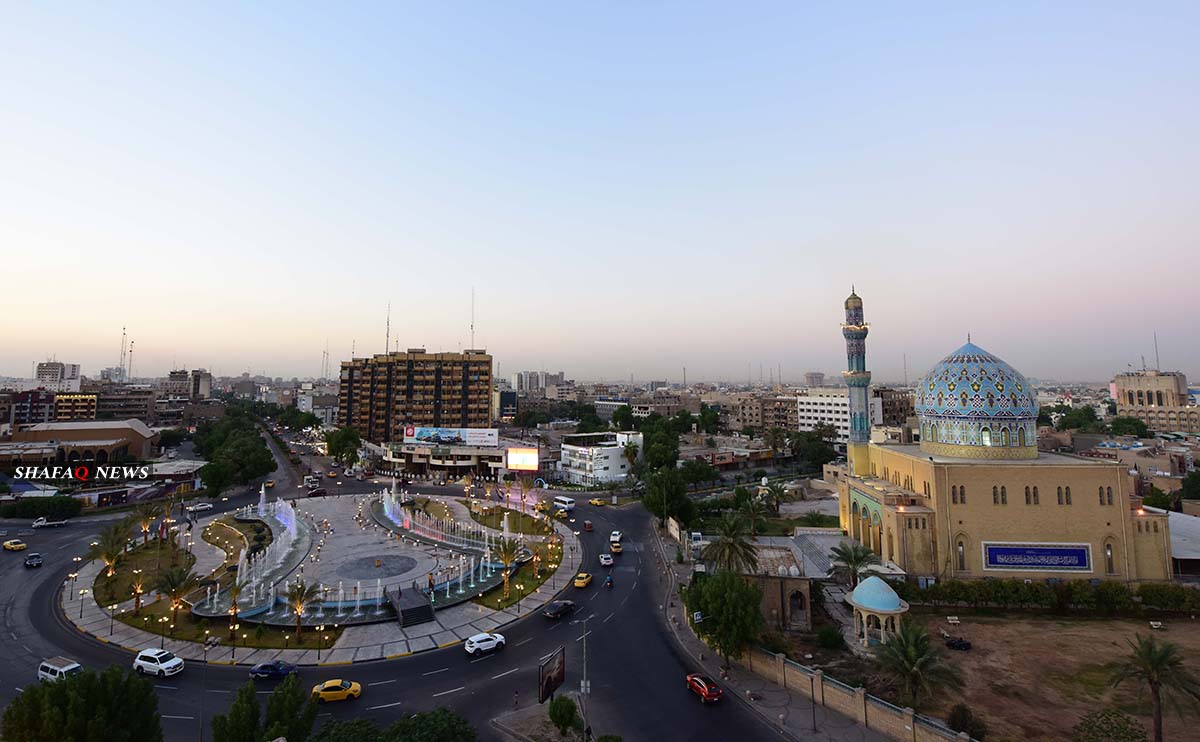Iraq relies heavily on a "paper" that will help with its suffocating crisis

Shafaq News / Iraq's Finance Minister, Ali Allawi has confirmed the presence of a growing political will, to carry out the radical reforms needed for the country to address the massive financial crisis that has pushed the country to the brink of collapse.
"There is more will now than it was five months ago. I think there's a recognition that unless oil prices increase miraculously, it is something we have to deal with and manage”, Ali Allawi told The Associated Press.
Lower oil prices have reduced revenues in Iraq –as an oil-exporting country- by almost half; excessive dependence on oil has limited the Government's ability to earn another income.
The month-to-month widening of the deficit created uncertainty over how to make future payments to general wages, external debt, and basic imports of food and medicine.
It is noteworthy mentioning that Iraq's unsustainable economy –revealed by financial pressures spurred by falling oil prices and the COVİD-19 pandemic, is a long-term problem that has plagued reformers for more than a decade.
Prime Minister Mustafa Al-Kadhimi's government issued what it called “The White Paper"; a 95-page book of economic reforms, which, if implemented, would push for a radical reform of the entire system within three to five years.
"This is a paper designed to create a strategic and political framework for a new Iraqi economy. At the end of this period of change and reform, We're supposed to have a restructured and more dynamic economy, that is what it is all about", Allawi said.
The lack of support from major political elites has undermined similar efforts in the past. Al-Kadhimi’s government continues to rely on the parliament's approval of the vision to gain momentum.
Senior officials in Al-Kadhimi's government, including Allawi, have repeatedly said that while oil prices are not expected to recover in the near term; only reforms will make Iraq avoid an economic disaster. The future of the project faces a major test: parliamentary approval in the form of a binding resolution or legislation.
"As soon as this is done, we have to roll up our sleeves and get started”, Ali Allawi added.
Allawi said, “Aspects of the plan outlined in the paper will be incorporated into the 2021 budget, which will require a vote in the parliament. Government support in the electricity and oil sectors will face special scrutiny”, the minister also added, “Part of the public sector's financial problem is the sheer volume of support, and we intend to address this directly in the 2021 budget”.
But the public debate focused on the white paper, as it aims to reduce public wages from 25% of GDP to 12%.
Reducing public sector wages -particularly in the election year- is a widely unpopular move.
However, Allawi was firm when he said, "I have said many times before.. The share of oil revenues allocated to salaries in 2004 was 20%, and now it is 120%. This is clearly unsustainable”.
In September, Iraq generated 3.16 billion dollars in oil exports; accounting for 90% of the state’s revenues -less than half of the 7 billion dollars needed to pay salaries, pensions, imports, and debt.
September’s salaries were delayed, and October pay was largely dependent on domestic government borrowing.
An earlier bill allowing for 12 billion dollars in domestic borrowing was exhausted. A new bill, demanding 35 billion dollars, faces a vote in the parliament.
"I hope it will be approved by the parliament, if that doesn't happen, we have the possibility of other alternatives, but it will be more difficult”, Allawi said of the bill.
Iraq's foreign exchange reserves stand at 53 billion dollars.